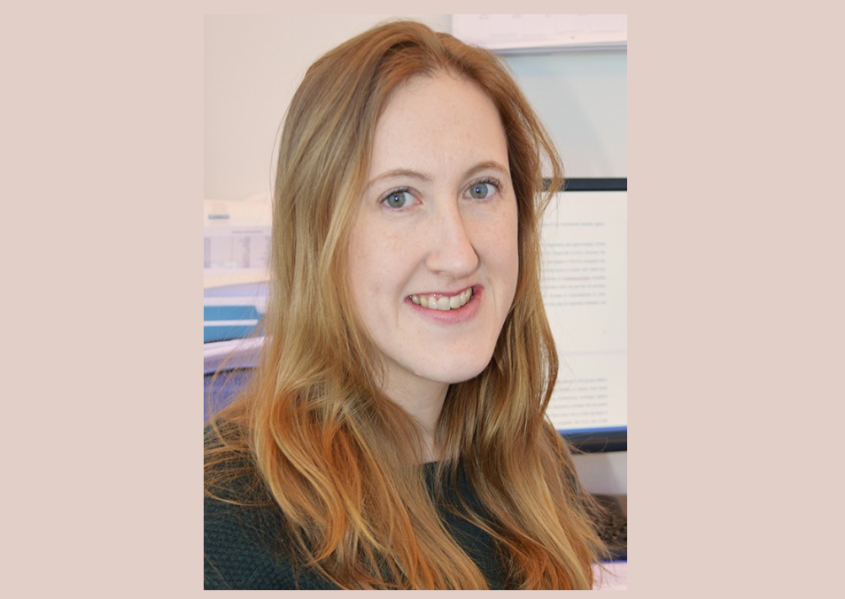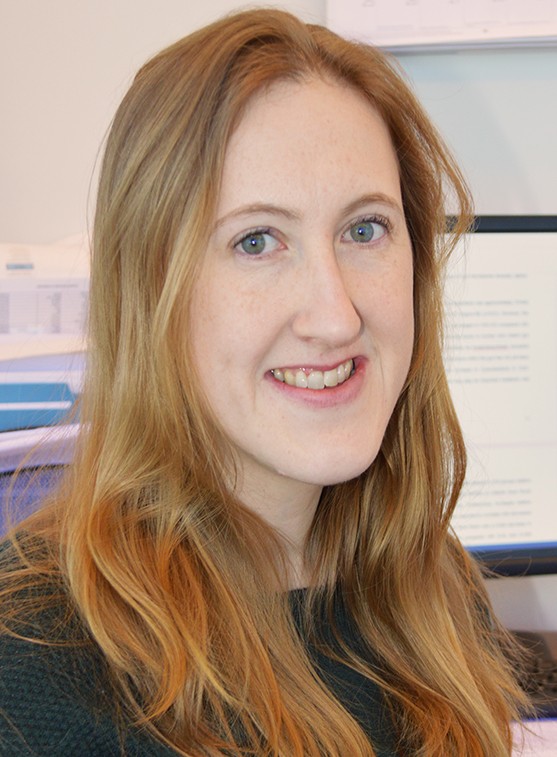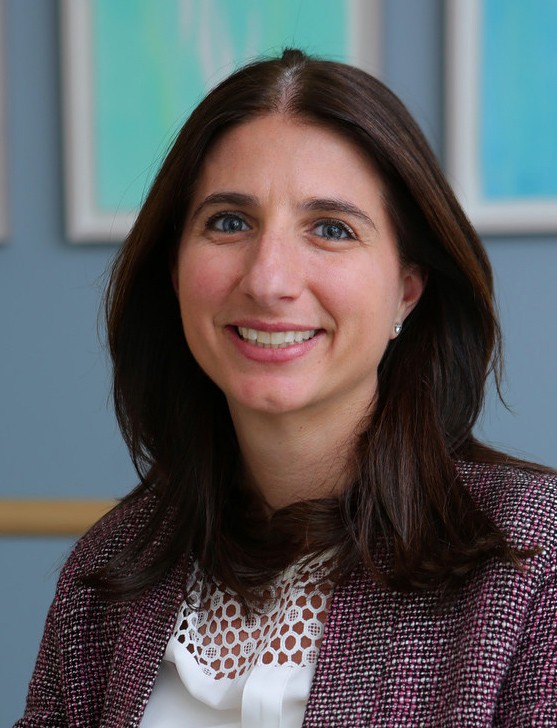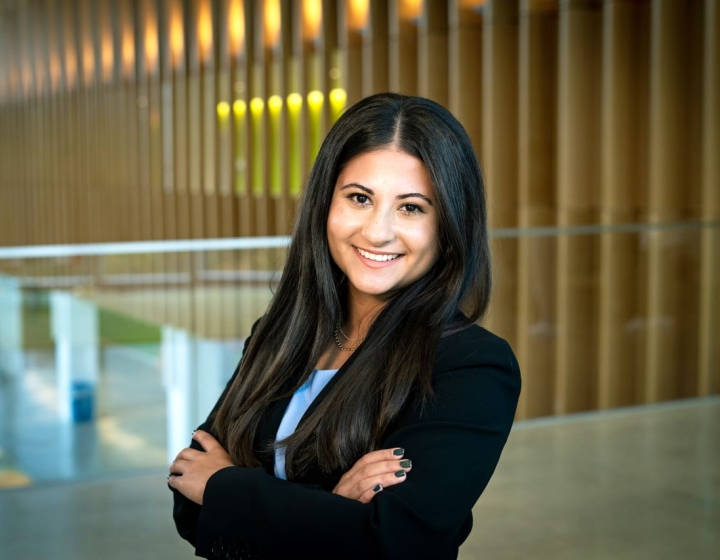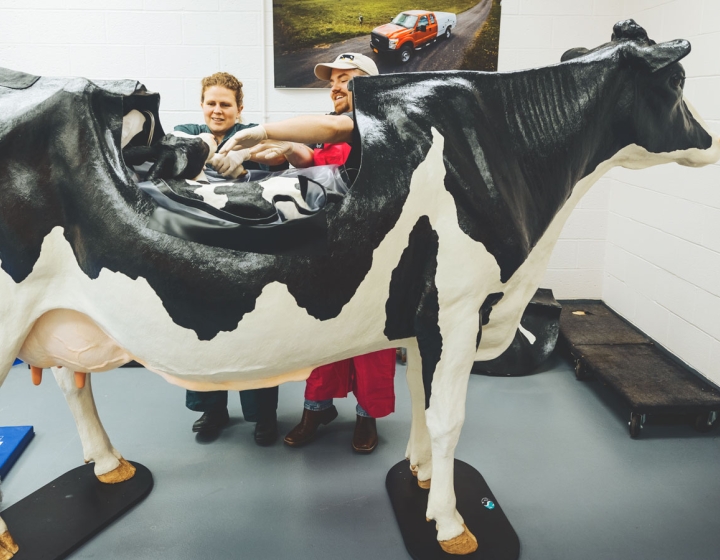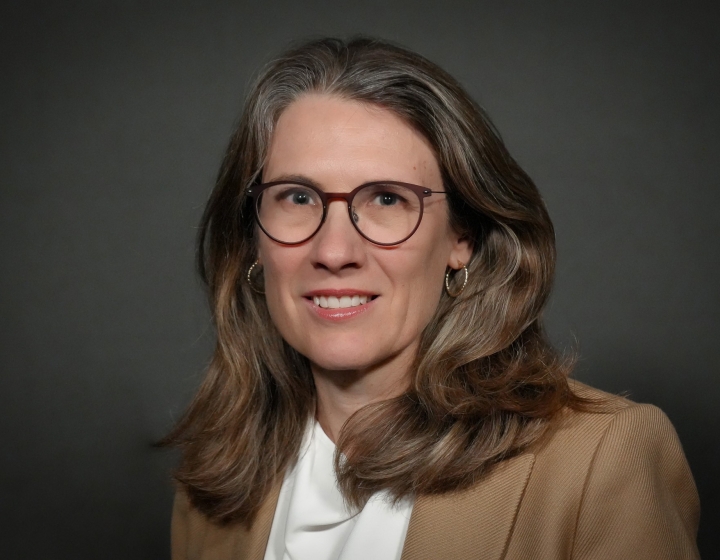Dr. Cummings receives Hartwell award for biomedical research
Note: This news item features content from another page. View the featured content for this news item.
Bethany Cummings, assistant professor of biomedical sciences at the College of Veterinary Medicine, and Dr. Lisa Roth, assistant professor of pediatrics at Weill Cornell Medicine in New York City, have each won a 2018 Hartwell Individual Biomedical Research Award, which will provide support for three years at $100,000 direct cost per year and designation as a Hartwell Investigator.
Bethany Cummings
Lisa Roth
In addition, by having two faculty members win individual awards, Cornell qualified to receive two Hartwell Fellowships to fund postdoctoral researchers they designate for specialized training in biomedical research. Each fellowship provides $50,000 direct cost per year for two years.
Cummings, whose project is titled “Harnessing the Alpha Cell for Diabetes Treatment,” will use the grant in her ongoing work to cure diabetes, one of the most common chronic diseases in children.
Cummings’ research focuses on understanding why patients often experience remission of Type 2 diabetes and reduction in symptoms of Type 1 diabetes following bariatric surgery. The answer appears to lie in pancreatic islets – regions of the pancreas where beta cells make insulin and alpha cells make another hormone called glucagon. Insulin is known for decreasing blood glucose, while glucagon increases it and is a major driver of diabetes.
Though the mechanisms are still unknown, Cummings and her colleagues discovered that following bariatric surgery these alpha cells are induced to make a hormone called GLP-1 instead of glucagon. GLP-1 promotes the function and growth of beta cells, which in turn increases insulin secretion and has a positive effect on metabolizing glucose.
Bariatric surgery has side effects and is not a practical diabetes treatment, but Cummings is analyzing the biochemical pathway to create a pharmaceutical strategy that recreates the effect of bariatric surgery to regulate blood glucose.
“If I am successful in developing a targeted drug therapy to lower blood glucose by shifting alpha cells from being pro-diabetic to anti-diabetic, the result may mean a cure for diabetes,” Cummings said.
Roth’s award will support her research into childhood Hodgkin lymphoma, which accounts for 6 percent of all childhood cancers, according to the National Cancer Institute. While chemotherapy can cure up to 95 percent of children diagnosed with the disease, the treatment regimen can cause long-term damage to the heart and lungs, stunt growth, spur infertility and increase the risk of getting a second type of cancer later in life.
Investigators have long sought new treatments that target Hodgkin lymphoma cells without broadly affecting the patient’s healthy cells, with the goal of preventing those toxic side effects. Understanding the disease’s genetic underpinnings is key to realizing that ambition but has been challenging to accomplish: The cancerous Reed-Sternberg cells that are a hallmark of Hodgkin lymphoma typically comprise less than 1 percent of a biopsy and are difficult to amass.
Roth and her team will use a specialized technique to isolate the Reed-Sternberg cells in 100 biopsies taken from U.S. patients. They will then sequence the cells’ DNA and RNA to discern their genetic compositions, and use their findings to develop the first mouse model of Hodgkin lymphoma to screen new therapies.
This work isn’t just about professional curiosity for Roth. About six years ago, she was diagnosed with Hodgkin lymphoma.
“I experienced lymphoma on both sides of the stethoscope,” said Roth, a pediatric oncologist. “It means so much to me and my family to have this research funding from The Hartwell Foundation that supports work specifically in Hodgkin lymphoma. It’s a cause that is deeply personal.”
Since 2006, The Hartwell Foundation has funded early-stage biomedical research with the potential to benefit children of the United States. The Foundation’s goal is to select individuals who have not yet qualified for significant funding from outside sources. In 2018, the Foundation selected twelve researchers from ten institutions.
A total of 12 Cornell researchers have received individual awards since 2007.



